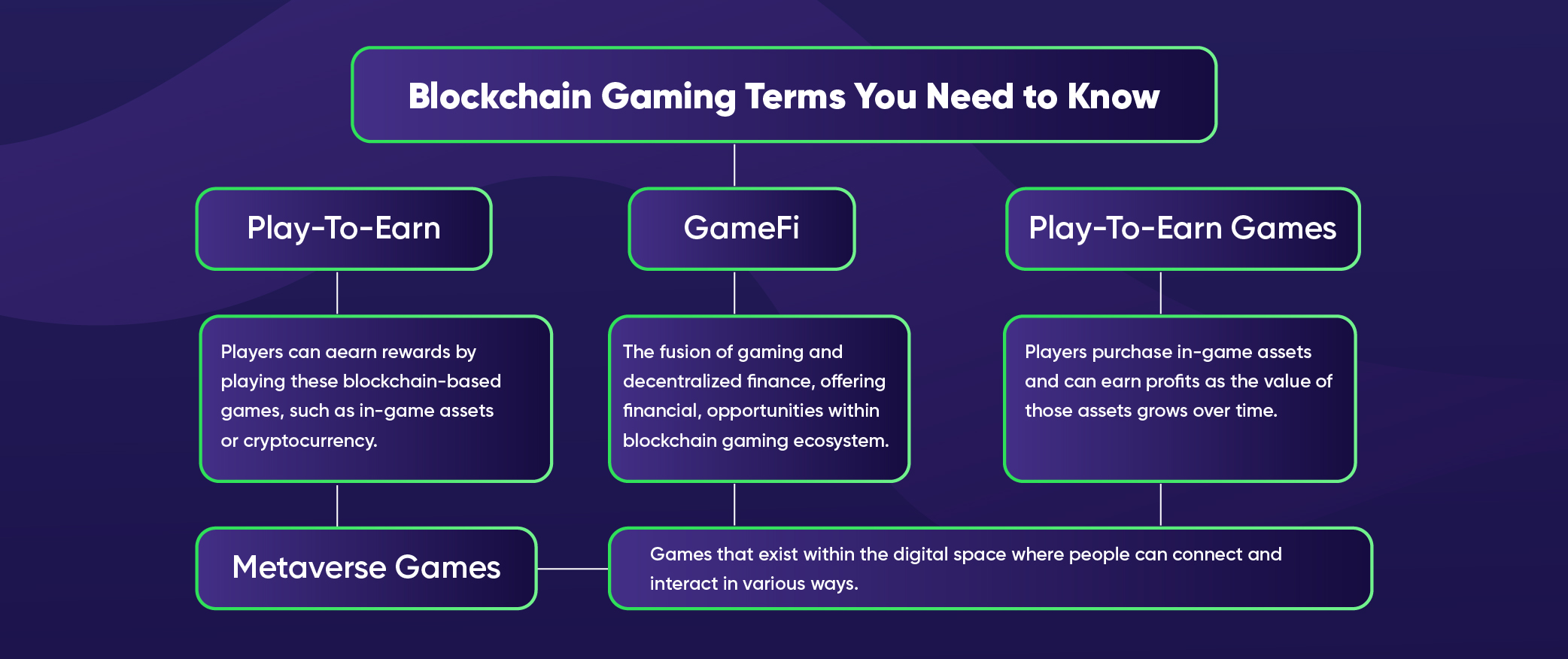Dasiwang: Your Gateway to Trending Insights
Stay updated with the latest news, trends, and insights across various topics.
Game On: How Blockchain is Changing the Rules of Fair Play
Discover how blockchain is revolutionizing gaming, ensuring fair play and transparency like never before. Dive into the future of gaming now!
Exploring Decentralization: How Blockchain Enhances Fair Play in Gaming
Decentralization is redefining the landscape of the gaming industry, bringing fair play to the forefront through the innovative technology of blockchain. By distributing control and ownership across a network rather than relying on a central authority, blockchain empowers gamers by providing a transparent environment where every transaction is recorded on an immutable ledger. This not only diminishes the chances of fraud but also ensures that players can verify the authenticity of their in-game assets, leading to a more equitable gaming experience.
Furthermore, blockchain technology facilitates true ownership of in-game items, allowing players to buy, sell, and trade their assets without any intermediaries. This shift towards decentralization offers several advantages, including:
- Enhanced security: Players can feel confident that their digital assets are protected from hacks and scams.
- Increased transparency: Blockchain's visibility ensures all players have access to the same information, reducing disputes and promoting trust.
- Decentralized economies: Players can participate in a self-sustaining economic ecosystem that rewards effort and persistence.
Overall, the integration of blockchain in gaming promotes fair play and empowers gamers, creating a more inclusive environment for enthusiasts around the globe.

Counter-Strike is a popular first-person shooter game that pits teams of terrorists against counter-terrorists in objective-based gameplay. It's known for its competitive scene and has spawned numerous versions, including the highly acclaimed Counter-Strike: Global Offensive. Players often seek strategies to improve their performance, and for those interested in gaming promotions, checking out the bc.game promo code can provide exciting bonuses.
Top 5 Blockchain Innovations Transforming the Gaming Industry
The gaming industry is witnessing a seismic shift, fueled by blockchain innovations that are redefining the way games are developed, played, and monetized. One of the most significant advancements is the implementation of non-fungible tokens (NFTs), which allow players to truly own in-game assets. This innovation not only empowers gamers with actual ownership but also enables a vibrant secondary market for trading these unique digital items. Furthermore, NFTs introduce an aspect of rarity and scarcity, making gaming experiences more immersive and rewarding for players.
Another critical development is the rise of decentralized gaming platforms, which leverage blockchain technology to create fair and transparent ecosystems. These platforms eliminate the need for intermediaries, allowing developers to receive a larger share of revenues while players benefit from lower fees and increased trust in the system. Additionally, the use of smart contracts facilitates automated transactions and in-game economies, providing players with seamless access to rewards and incentives. Together, these innovations are not just transforming gaming—they are creating a new paradigm where players and developers are more connected than ever before.
Is Blockchain Gaming the Future of Fairness?
The rise of blockchain gaming is revolutionizing the traditional gaming landscape. By leveraging decentralized ledger technologies, blockchain gaming promotes transparency and fairness, ensuring that players have genuine ownership of in-game assets. Unlike conventional games where developers can alter statistics or remove items at will, blockchain ensures that once something is recorded on the chain, it remains immutable. This not only enhances player trust but also fosters a sense of community, as players can buy, sell, and trade their digital assets with full confidence that the transactions are secure and verifiable.
Furthermore, the integration of smart contracts in blockchain gaming introduces a new level of fairness by automating processes and eliminating the potential for fraud. Players can engage in gameplay knowing that rewards are distributed fairly and that the rules of engagement are set in stone. As more developers recognize the benefits of this technology, it becomes clear that blockchain gaming is not just a passing trend but a fundamental shift towards a more equitable gaming environment. With these advancements, the future of gaming looks brighter and more inclusive for all players.